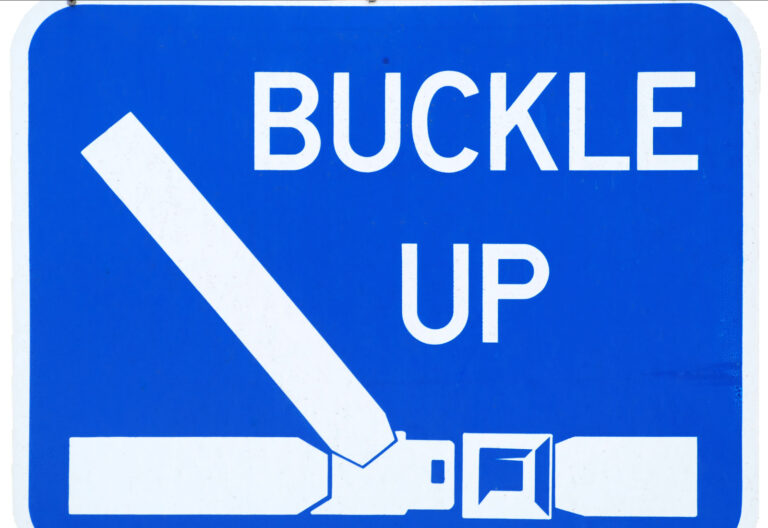
Marijuana as Schedule III: Woe is Me?
Unless you’ve been living under a rock, you know that a pretty historic announcement was made last week by the U.S. Department of Health and Human Services (HHS). HHS officially recommended that marijuana be rescheduled from Schedule I to Schedule III of the federal Controlled Substances Act (CSA). The HHS news means that the country’s top


















